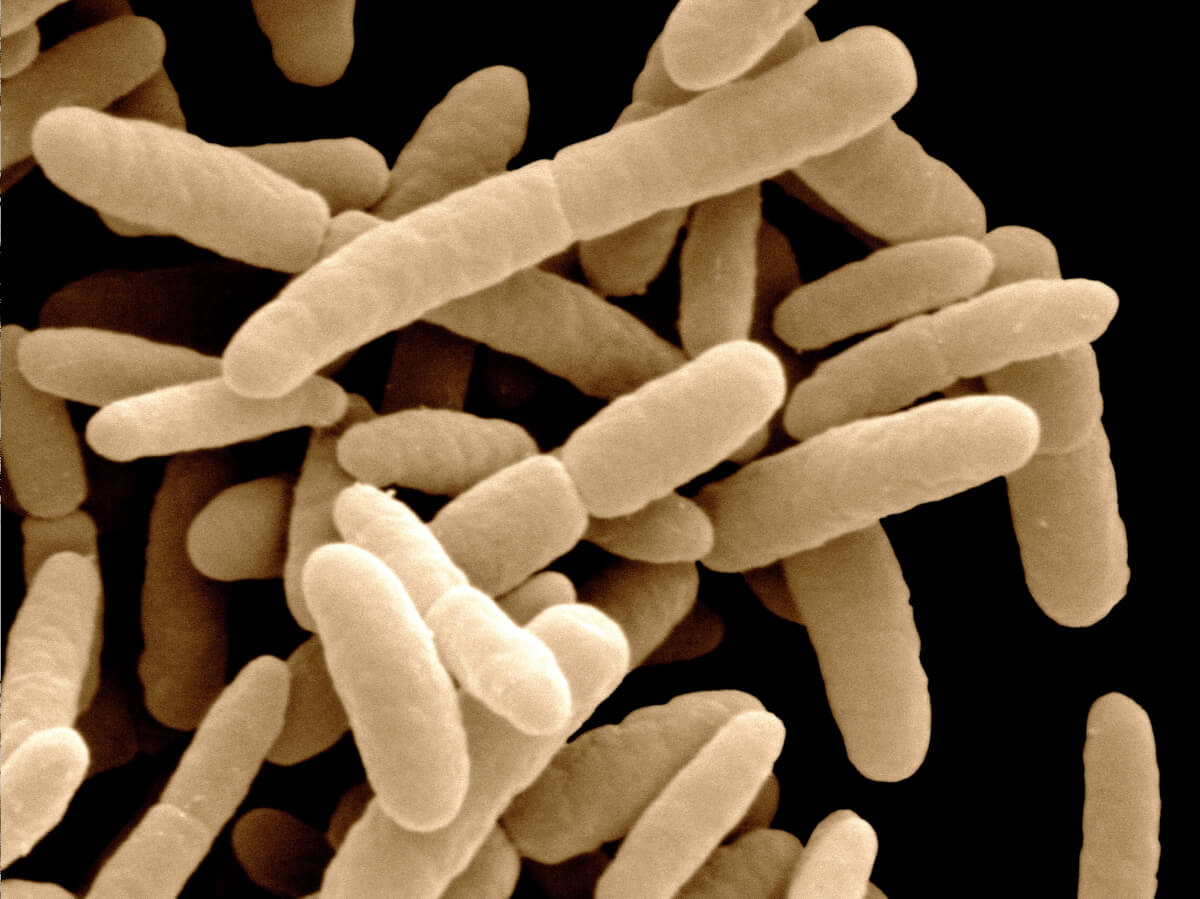Previously, we discussed the common causes of diarrhea, basic assessment, and preliminary treatment. In this final installment, we’ll tackle the medications that you can use as well as preventive measures to keep diarrhea from happening to you.
Medications
As mentioned in the first part of our series, Loperamide, a popular diarrhea medication, should only be used as a last resort. Loperamide works by decreasing bowel movement and lessening stool discharge. This could be convenient in certain situations, but when you think about how diarrhea is your body’s natural reaction to contaminants in your stomach and its way of flushing them out, this effect can do more harm than good– by keeping bacteria or parasites in your digestive tract, you risk getting sick for a longer period in exchange for short-term convenience.
There are other medications that you can keep in your emergency kit. These include:
- Bismuth Subsalicylate
More popularly known under the trade names Kaopectate, Pepto-Bismol and Pink Bismuth, it won’t stop your body from flushing out toxins in your stomach, but it will make your stool firmer and lessen the chances of getting dehydrated. It’s also known to reduce bacteria (like H. Pylori) and inflammation. Aside from diarrhea, bismuth subsalicylate can also be used to treat heartburn, indigestion and nausea.
- Ciprofloxacin
An antibiotic for treating bacterial diarrhea, Ciprofloxacin is also used to treat bone and joint infections, some types of infectious diarrhea, and urinary tract infections.

- Metronidazole
Sold under trade names like Flagyl, Metgyl, Metron, etc., Metronidazole is a prescription antibiotic and antiprotozoal medication. It’s used for treating different infections as well as diarrhea caused by bacteria and protozoa like Giardiasis and Amoebiasis.
- Rifaximin
A prescription antibiotic commonly prescribed to treat “Traveler’s Diarrhea”, rifaximin can also prevent diarrhea caused by the Escherichia Coli (E. Coli) bacteria.
Keep in mind that these medications can produce side effects and may react with other medicines you may be taking. Some may also be bad for children, pregnant women and nursing mothers. Discuss these medications carefully with your doctor or pharmacist to learn more about their possible side effects.
Oral Rehydration Solutions
One of the biggest dangers of diarrhea is dehydration, which can lead to death if left unchecked. While frequent intake of small amounts of water may be enough for mild forms of diarrhea, more severe cases will require oral rehydration solutions to replenish the fluids and minerals that your body needs.
Oral rehydration or electrolyte solutions like Lytren, Pedialyte and Resol can replace the fluids and minerals that you lose to diarrhea. They’re available in ready-to-drink bottles as well as in powdered form. While sports drinks may sound like a good idea (and are easier to find), they contain too much sugar which can make your diarrhea worse, so keep away from them.

If you don’t have an oral rehydration solution with you, you can make your own from items commonly found in the kitchen:
- 1 quart clean drinking water
- ½ teaspoon table salt
- 6 teaspoons sugar
The amount for each ingredient should be precise. Even slight deviations from the amount prescribed above can make your homemade solution either ineffective or harmful. Too much sugar makes diarrhea worse, while too much salt is bad, especially for children. The only thing in the solution that you can have too much of without adverse side effects would be water, but it might make your solution less effective.
Drink the mixture each time you discharge fluids from your body.
An Ounce of Prevention
While medicines abound for treating diarrhea, when it comes this debilitating ailment, prevention is still most preferable. Whether you’re in a survival situation or not, it’s important to keep these things in mind:
- Keep your hands clean
Whether it’s viral, bacterial, or parasitic, one of the fastest ways to get infected by stomach bugs is through your hands. Wash your hands with mild soap as much as you can, especially when preparing and eating meals.
- Make sure your water is safe to drink
While securing potable water during a survival situation could be a challenge, there are different methods and equipment available to help you make sure you won’t get sick from contaminated water.
- Keep your equipment clean
This especially applies to utensils and tools that you use when preparing and eating food. Wash plates, spoons and knives thoroughly. Use a separate board or surface when cutting or preparing raw meat to avoid cross-contamination.

- Clean your food before you cook it
Wash fresh produce with running water, or soak them for at least half an hour and scrub their surface prior to cooking.
- Cook your food
Cooking greatly reduces the chances of getting infections from pathogens that can cause diarrhea. Besides, cooking food also improves the taste, and makes it easier to consume them. If you have the knowledge and the equipment to start a fire (and you should), cooking shouldn’t be much of a problem.
- Know which food to keep away from
We’re all built differently, and our tolerance for ingredients in certain food items will vary. While most people may be okay with a certain type of food, that particular item may give you some stomach problems. For example, some people can tolerate spicy food that would send others running for the nearest bathroom stall. Some people may also be lactose intolerant, and couldn’t really bear to eat anything with dairy in it.
If this is the case, steer clear of food you know will give you problems later on, no matter how tasty they may look or hungry you are.
Getting the runs while you’re on the run is a bad situation that you wouldn’t want to be in. It’s best to avoid the problem while you can, and be prepared if it does happen. Practice proper ways to maintain good hygiene and familiarize yourself with medications, both conventional and proven alternative methods, to properly assess and treat diarrhea.


